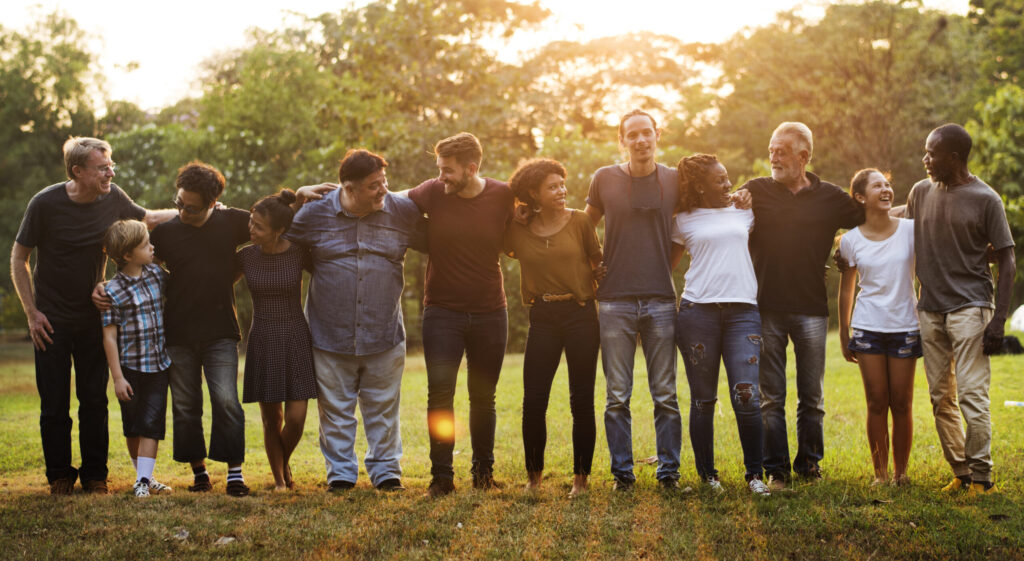Written by: American Addiction Centers Editorial Staff Edited by: Kindra Sclar —


Co-Dependency refers to a psychological construct involving an unhealthy relationship that people might share with those closest to them. And those who are afraid to be involved in healthy relationships due to childhood trauma.
What is Co-Dependents Anonymous (CoDA)?
Co-Dependents Anonymous is a 12-Step recovery program developed for those recovering from a co-dependent relationship. Based off peer support, CoDA is designed to help people develop functional, healthy relationships. Often CoDA is free for those seeking healthy relationships and desiring to move beyond their past histories.
Patterns of a Codependent
Instead of telling you that you are a codependent, CoDA has a list of personality patterns found in people who have the addiction.
There are different patterns of the various ways codependency can affect you, including the following:
-
- Denial patterns.
-
-
- Low self-esteem patterns.
-
- Compliance patterns.
-
- Control patterns.
-
- Avoidance patterns.
It is up to you to read through the different patterns and determine whether or not you have a codependency issue. The hardest part is being completely honest with yourself when going through the list. Patterns of a Codependent.
The Co-Dependent’s Recovery Program
CoDA is a fellowship of people who seek healthy relationships. CoDA therapy relies upon a set of 12 steps for recovery. They help members to develop positive relationships with themselves and others. Members are encouraged to build a relationship with a higher power, which does not have to be God.
The 12 Steps Of Co-Dependency Anonymous are:
-
- We admitted we were powerless over others – that our lives had become unmanageable.
- Came to believe that a power greater than ourselves could restore us to sanity.
- Made a decision to turn our will and lives over to the care of God as we understood God.
- Made a searching and fearless moral inventory of ourselves.
- Admitted to God, to ourselves, and to another human being, the exact nature of our wrongs.
- Were entirely ready to have God remove all these defects of character.
- Humbly asked God to remove our shortcomings.
- Made a list of all persons we had harmed and became willing to make amends to them all.
- Made direct amends to such people wherever possible, except when to do so would injure them or others.
- Continued to take personal inventory and when we were wrong, promptly admitted it.
- Sought through prayer and meditation to improve our conscious contact with God as we understood God, praying only for knowledge of God’s will for us and the power to carry that out.
- Having had a spiritual awakening as the result of these steps, we tried to carry this message to other co-dependents, and to practice these principles in all our affairs.
In the Anonymous recovery programs, you work through the steps on your own and at your own pace. There is no right or wrong way concerning how you work through your recovery as long as you follow the steps. A 12-step program is more of a support system than anything else. The idea is that you should accept you have a problem, face it, and find a way to rectify it. You need to accept that there is a higher power you can turn to for help in finding a solution and in the healing process. Many people partner with a sponsor as they work the CoDA recovery program. A sponsor is someone who has completed the steps and decided to help others through their recovery.
What is a CoDA Meeting?
There are 4 different types of CoDA meetings. Each one serves a specific purpose. You will know what type of meeting is coming up and can choose to attend based on your preferences. These types include:
- Speaker meetings take place with one person sharing experiences regarding the dependency. This person may or may not have completed the codependency program and have recovered to the point of going to meetings only to help others.
- Open share meetings are the most common. During these meetings, everyone has a chance to talk and share what they have done to overcome the addiction or how they have not been able to handle things well.
- Topic share meetings are intended to go over different aspects of the addiction recovery program. The group leader may decide it is time to discuss the 12 steps or explain how sponsorship works.
- Tradition study meetings focus on the way the CoDA recovery program is designed to assist you in helping yourself.
In codependency programs, it is quite common for all meetings to end with at least one group member sharing. Usually, this will be someone who has made great strides toward the next step or has had serious problems since the last meeting.